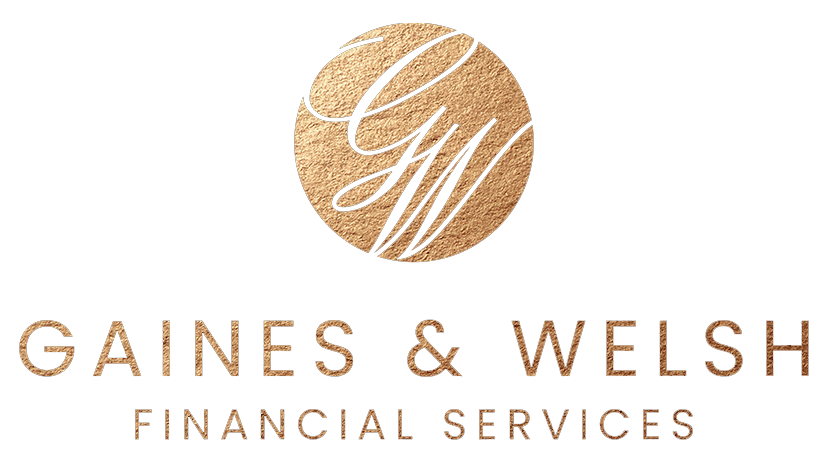How a Registered Trademark Affects Your Taxes and Finances
There are about 7 million trademark applications filed every year. If you have intellectual property associated with your business, then you probably need to register for trademark protection, too.
Once you have your registered trademark, you need to know how to report this asset. Due to the fact that it's an intangible asset, there are special rules on how you report it on your balance sheet and income taxes.
This brief guide will give you a quick overview of how your trademark affects your taxes and finances.
You Have Registered a New Trademark
It costs money to register a new trademark with the USPTO. By the time you add up the filing and attorney fees, it could be thousands of dollars. You need to account for this business expense on your balance sheet.
Be sure to separate the cost of registration and maintenance with the cost of promotions. Your marketing and promotional costs are considered operational expenses and shouldn't be included on your balance sheet.
You Bought a Trademark
Instead of registering a brand new trademark, you may decide to purchase an already established brand. There will be two separate valuations that you'll need to account for. There's the actual business and then there's the trademark.
You'll need to account for this trademark expense on your business' balance sheet. Keep in mind the trademark's useful life of ten years. You'll need to account for the renewal costs every ten years to keep the registration active.
You Sold a Trademark
There may come a time when your brand is so well known that someone approaches you to buy it. They're interested in buying the recognition, reputation, and goodwill that you've developed for your brand. This means you'll need to sell the trademark protecting your ownership of that mark.
To record this sale correctly, you need to perform a separate valuation of the trademark. Then record this income from the sale on your accounting records. Report your profit from the sale of the trademark on your income taxes.
Your Registered Trademark and Its Tax Implications
You cannot deduct the cost of creating your trademark, but you can apply it to your formulation of the "income tax basis", which is the reference point for determining tax liability upon sale and depreciation deductions.
For example: You spend $10,000 designing and registering a trademark. You can't deduct this from your taxes. Instead, add this to the trademark's income tax basis. If you later sell the trademark for $15,000, subtract the $10,000 for a profit of $5,000. This $5,000 is what you report as a part of the business income for tax return purposes.
An experienced financial or tax professional can assist you with these calculations.
Handle Your Trademark Correctly
Having a registered trademark is key to protecting your intellectual property and ensuring the success of your business. However, there's more to it than merely registering. You need to know how to handle these expenses and the potential profits from this intangible asset.
Working with an experienced team of financial advisors will ensure you report your trademark ownership, purchase, and sale correctly. They can also advise you of the best practices to ensure proper tax prep.
Request an appointment today and let our team of experienced financial experts help you manage your company's finances.
